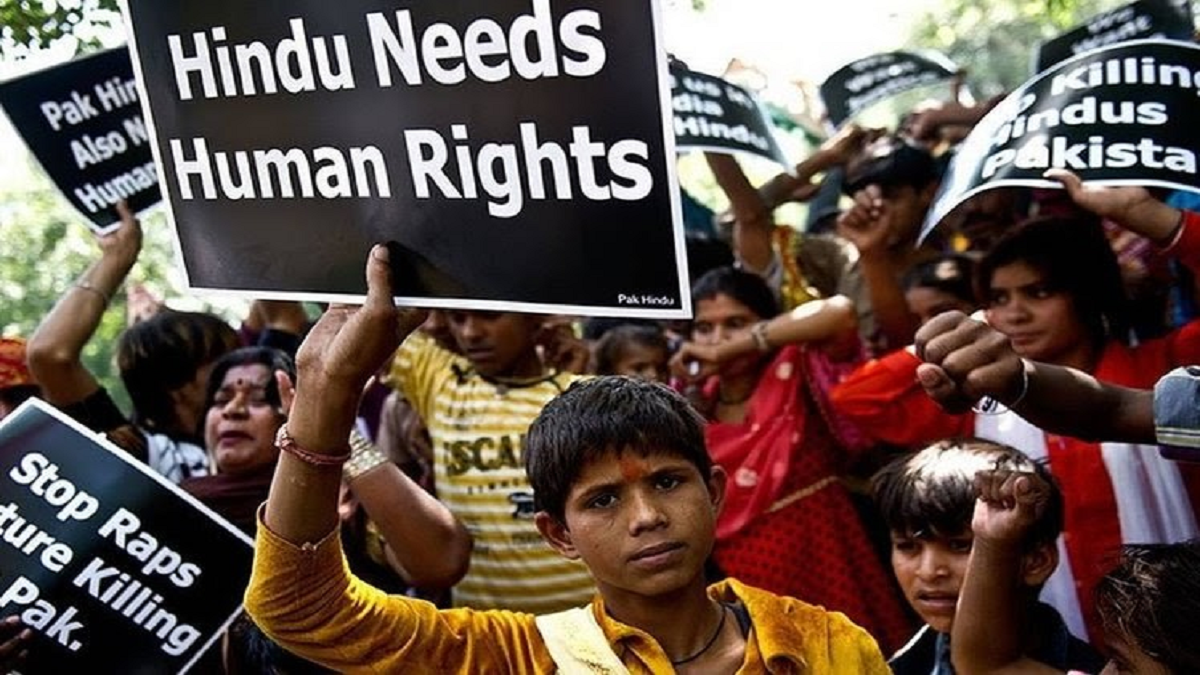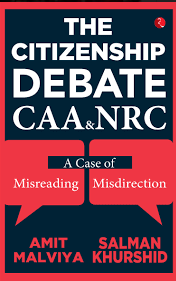


There is a great degree of misinformation as well as disinformation in the ranks of the Opposition regarding the NRC, most of it perhaps intentional. It alludes to the reasons, perhaps briefly, as to why the NRC is being opposed. It is, therefore, necessary to ascertain the reasons for opposition to the NRC in some details.
There are several accounts and reports that point to the existence of a large number of illegal Bangladeshis who have illegally infiltrated into India and are staying in large groups in the metropolitan cities of Delhi and Mumbai. It is necessary to deal with these illegal migrants in a strict and organised manner so as to deter continued infiltration in the future. It is for this reason that it is necessary to identify these illegal migrants. The identification process would be streamlined if a nationwide NRIC is created.
The problem of illegal Bangladeshis is rampant in the state of West Bengal, among other states. It is alleged that the government of West Bengal is not too keen on taking any action against these illegal migrants since they now serve as a powerful ‘vote bank’ for the Trinamool Congress (TMC), the party in power in the state, by Chief Minister Mamata Banerjee. Ironically, when she was in the Opposition, she had led the demand for expulsion of illegal Bangladeshi infiltrators from Bengal.
If the NRC is completed, all these illegal migrants, whose presence in the country has been systematically regularised over the years in the name of secularism, by giving them several identity proofs such as Aadhaar and ration card, voter ID, etc., will be sent back to the country of their origin. Furthermore, the demographic imbalances created by these illegal migrants will be resolved. Hence, the opposition to the NRC is motivated and driven by the self-serving agenda of some political actors and assorted activists.
The Opposition parties want to portray the NRC exercise as an attempt by the ruling BJP to make India a Hindu nation by stripping Muslims of their citizenship. They have also claimed that the CAA would save non-Muslims from having to prove their citizenship. Some political parties have opposed the NRC, on the ground that it will cause serious inconvenience to the people. That argument is specious because all the citizens will have to go through the process, and not just a select few and more importantly, this exercise is necessary for modernising and regularising the population database that is necessary to run an efficient government and ensure internal security.
Political rivals of the BJP want to close their eyes to the realities of the day, which includes dealing objectively with the problem of illegal migrants. As to the CAA, it doesn’t make any sense to argue that Muslims too should be included in its ambit because it is inconceivable that they would be discriminated against in these Islamic Republic for professing Islam.
The CAA is very clear in its remit and intent to protect the minorities in these Muslim-majority neighbourhood countries, where they have faced systematic discrimination and marginalisation for decades for simply who they are. It also does not make sense that Bangladeshi Muslims who have come illegally into India should be protected because they are here for economic reasons and not because of religious persecution. Citizenship rights cannot be extended to them on humanitarian grounds, as some bleeding hearts argue. Doing so would simply open the doors for further illegal migration and all the attendant social, economic, political and demographic upheavals. Extending citizenship on humanitarian grounds to those who have allegedly migrated due to economic reasons is akin to incentivising illegal migration, which no sovereign country can afford. Who we let in across our borders is at the sole discretion of the Central Government, which alone has the right to decide on such matters. The law in this regard is clear.

The Supreme Court, in the Sarbananda Sonowal vs Union of India, has already acknowledged this problem as an attack on India’s demographic makeup. It has also termed these illegal migrations as a form of external aggression and noted with approval the findings of the report that indicates that these migrants can be a potential security threat. We also cannot ignore the role of Pakistan’s Inter-Services Intelligence (ISI) agency in enabling, encouraging and using these illegal migrants for the purpose of fomenting trouble. In light of all this, there can be no doubt that the illegal migrants need to be identified and for which purpose, a nationwide NRC is not only desirable but also necessary.
Some argue that the entire NRC exercise is like searching for a needle in a haystack. Some have also questioned whether illegal immigrants are a threat to India. They have argued that there are several Nepalis illegally staying in India and nobody questions them. It is also argued that the NRC has a proven track record of failure. All these criticisms can be easily countered. Regarding Nepalis, it is no one’s case that the NRC should selectively target only Bangladeshi or Pakistani Muslims. Moreover, on a practical front, no one would be able to argue that an illegal Bangladeshi or Pakistani migrant is different from an illegal Nepali migrant. All those found overstaying their visas or who are found to have illegally migrated into India need to be deported. As pointed out earlier, the NRC is not selective in its application and hence, this argument is false and frivolous.
The allegation that the track record of NRC is poor is a red herring and needs to be dismissed with the contempt that it deserves. If at all a government agency is not working efficiently, then it is incumbent upon both the political leadership and executive to shape up and demand efficiency. To, therefore, argue that the NRC exercise ought not to be carried out is mischievous. As regards threat to security, posed by illegal migrants, it is no one’s claim that religious identity alone is the criterion for identifying those threats.
Amit Malviya is national in-charge of the Bharatiya Janata Party’s IT cell.